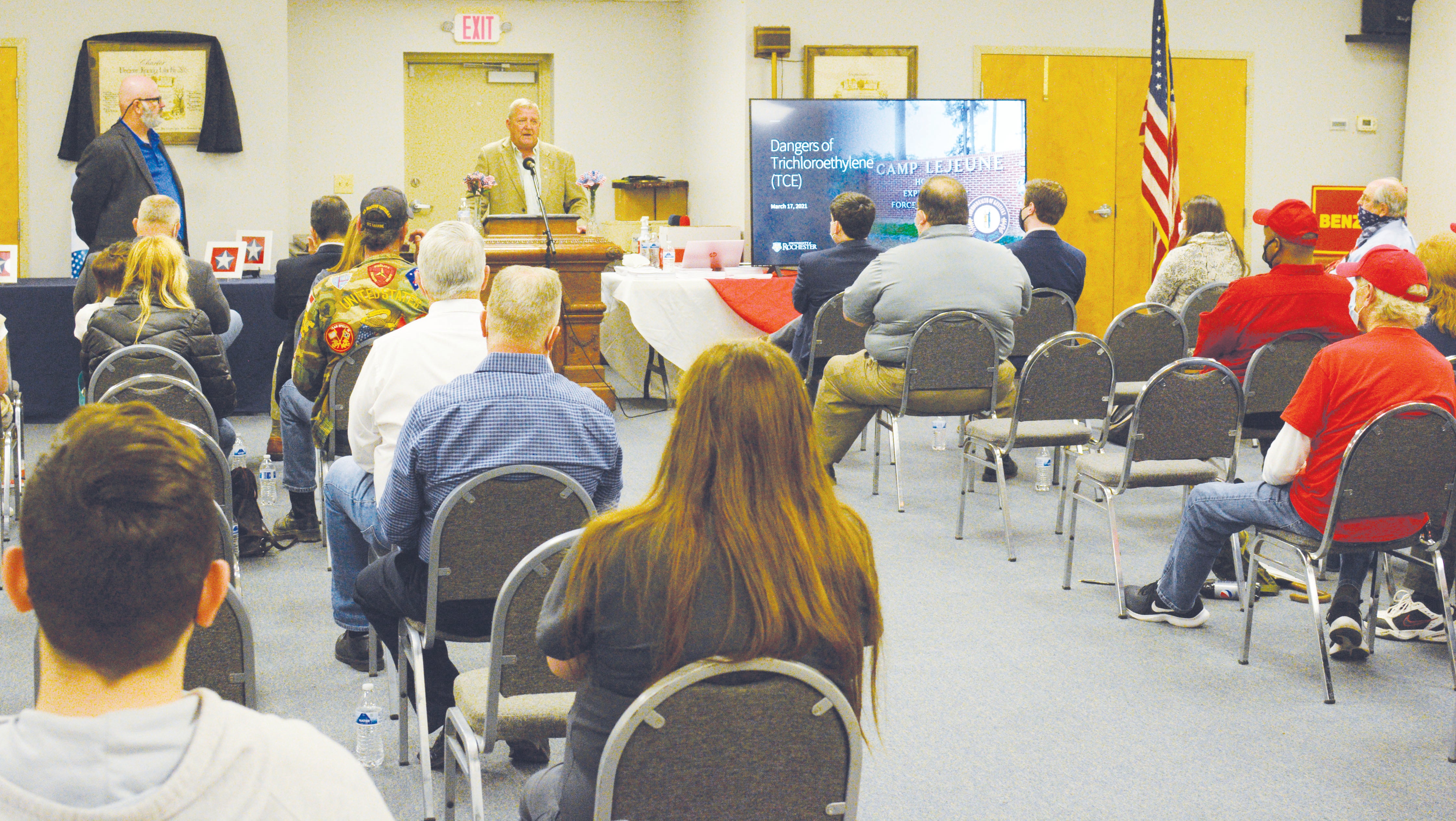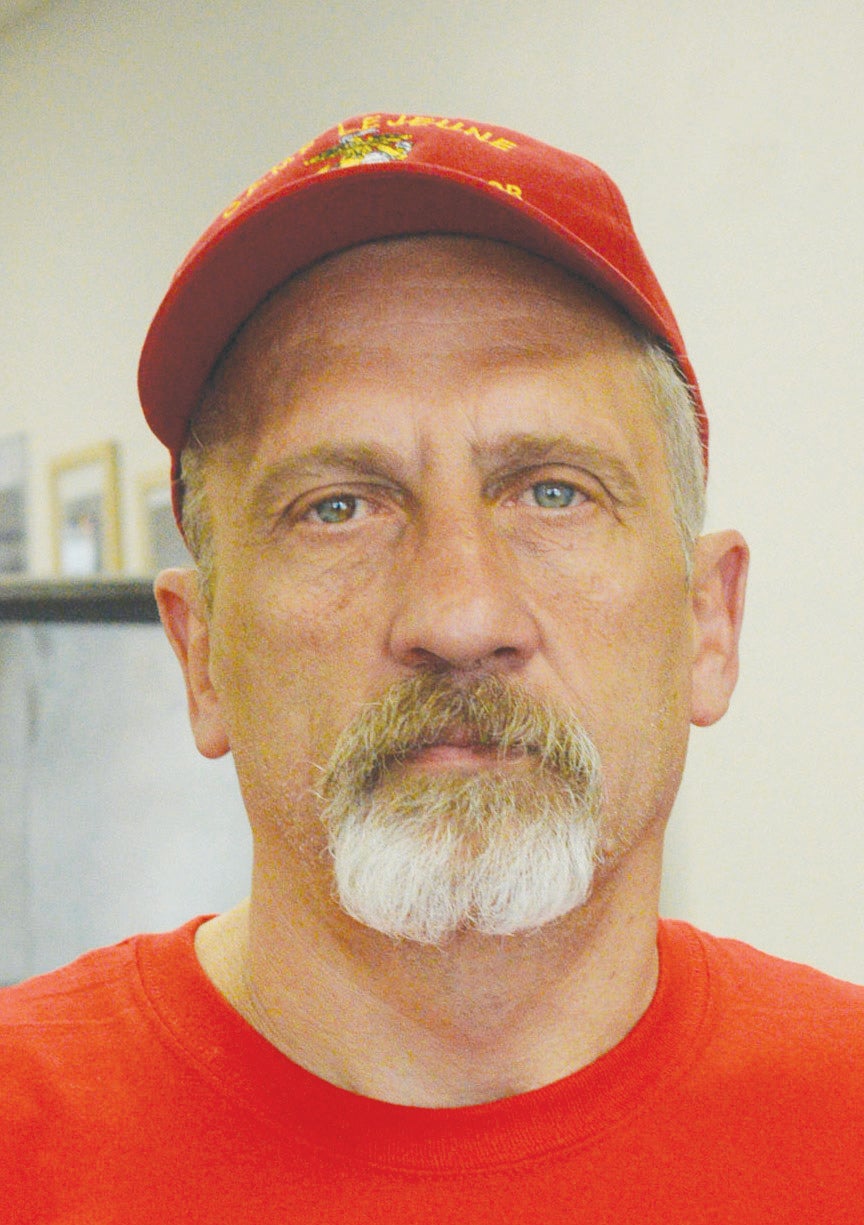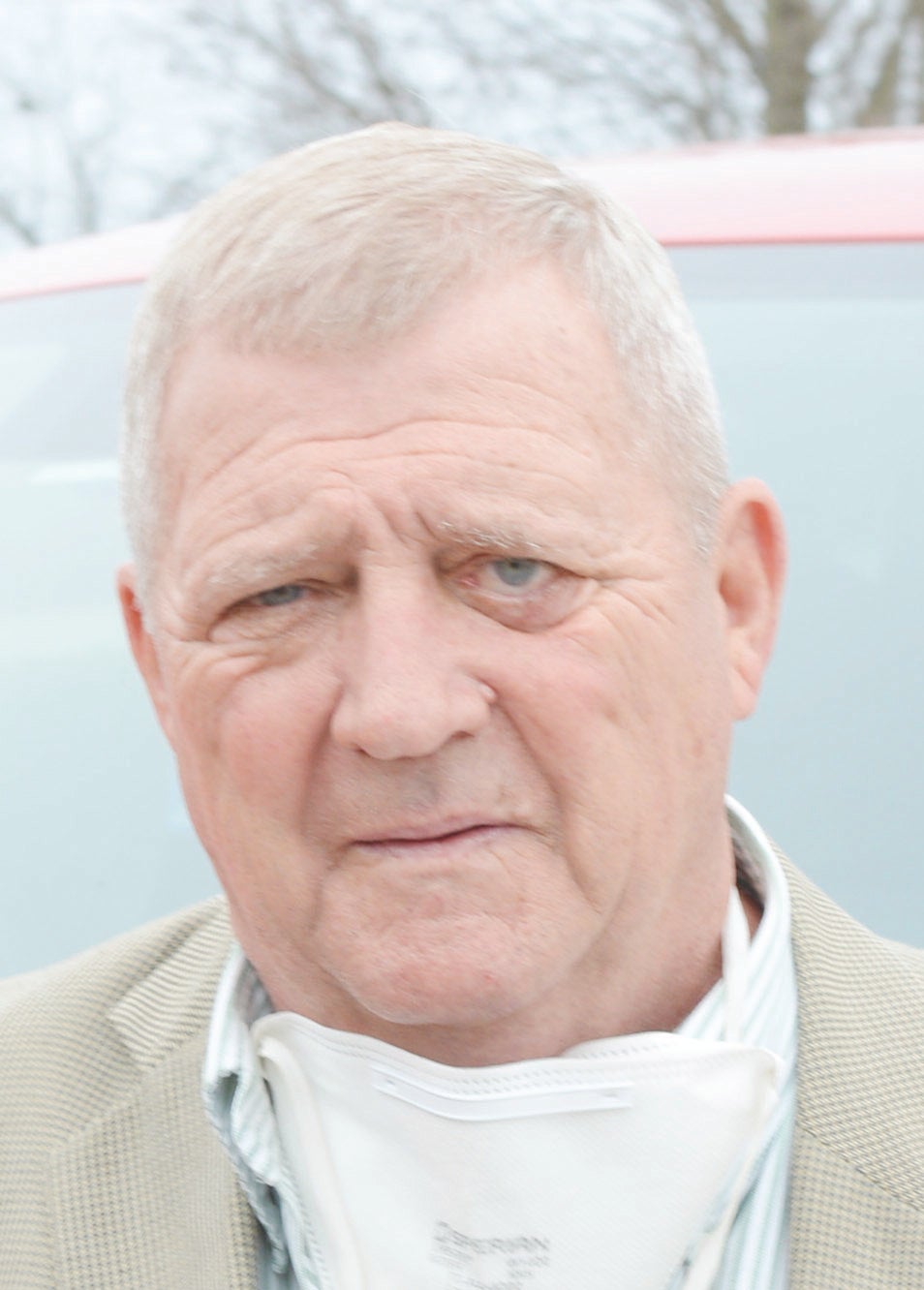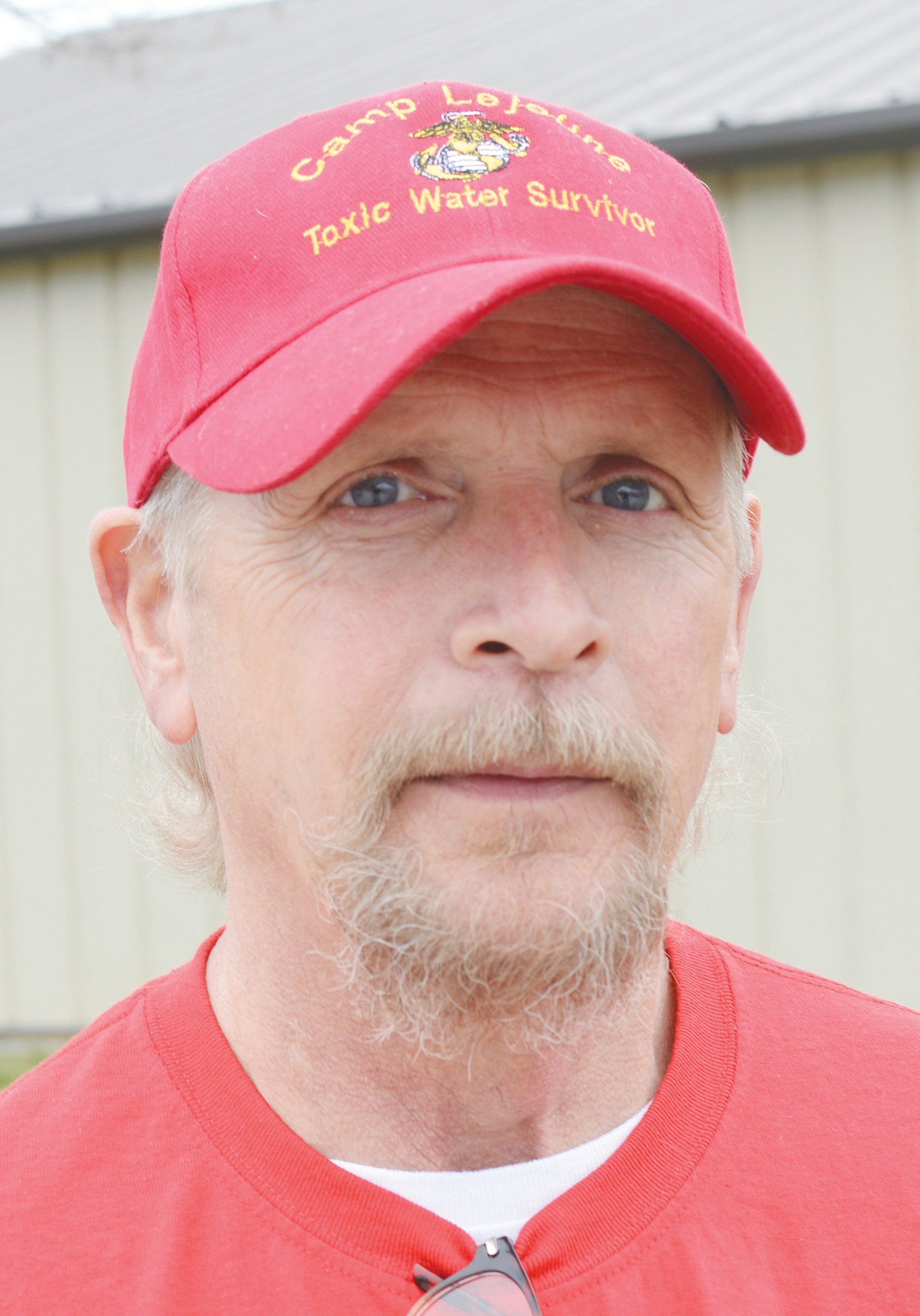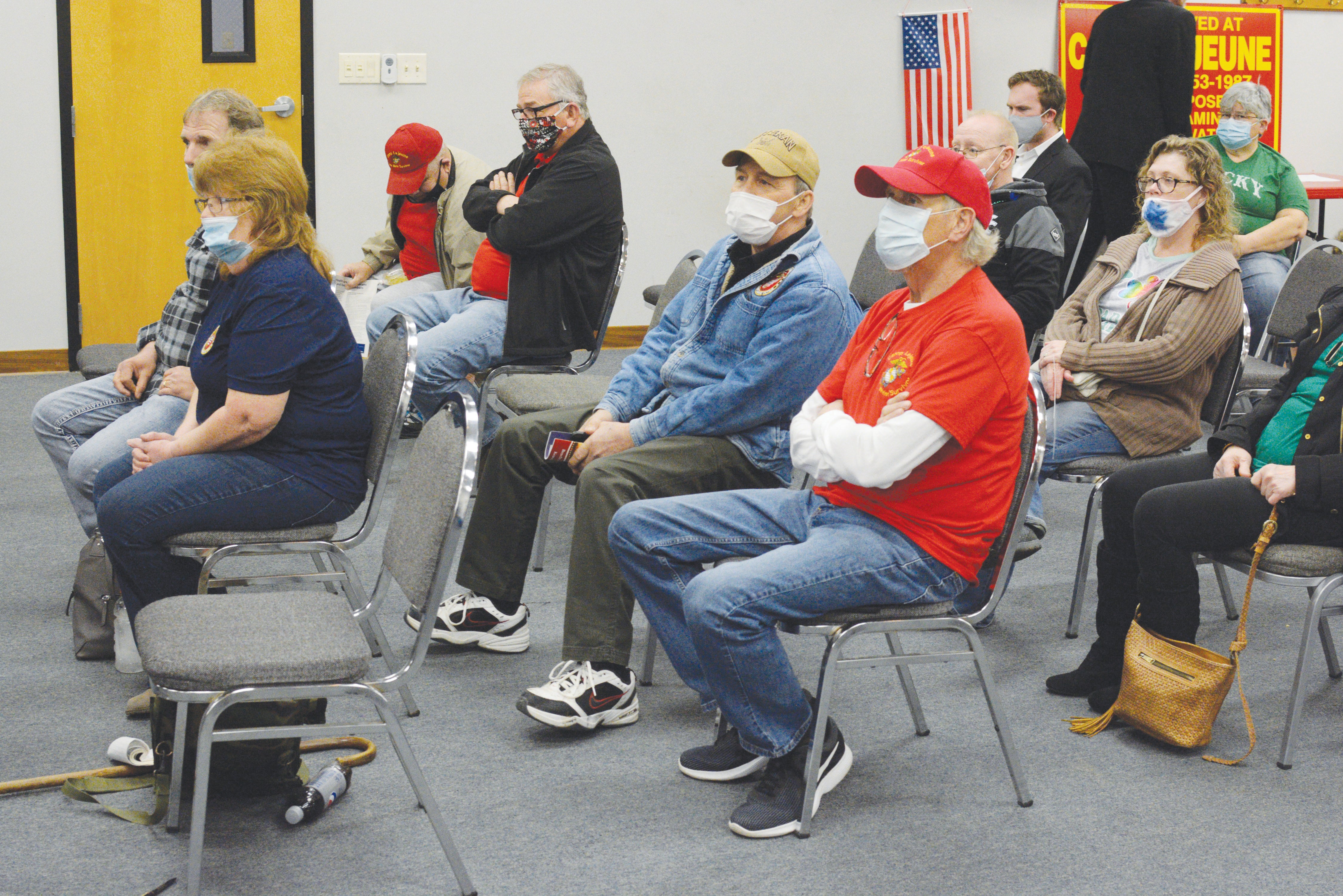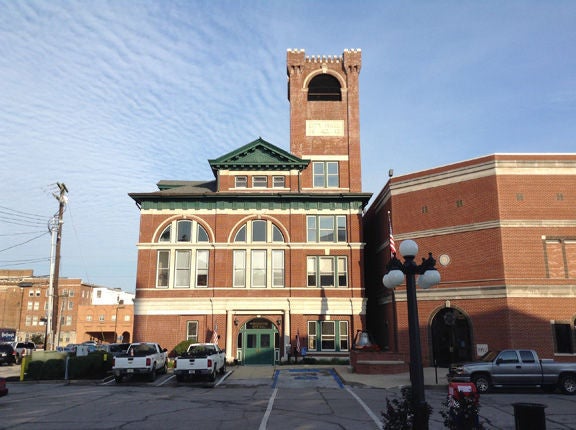Former Marines fighting for health registry
Published 5:47 pm Thursday, March 18, 2021
|
Getting your Trinity Audio player ready...
|
83 attend meeting in Winchester to petition federal government
Jerry Ensminger, a retired Marine Corps master sergeant, was having dinner in front of the TV when he heard the evening news anchor say the Agency for Toxic Substances and Disease Registry had concluded that the drinking water at Camp Lejeune was of “deep concern” because its assessment indicated that one of the chemicals found in the water was suspected of causing childhood cancer.
“It was like somebody hit me over the head with a two by four,” Ensminger told a crowd of 83 people at the Elks Lodge in Winchester Tuesday afternoon.
That was in 1997. It had been 12 years since he had lost his 9-year-old daughter Janey to leukemia, and he had always wondered why.
Now he knew.
Ensminger was one of the main speakers at the event organized by another former Marine at Camp Lejeune, Brian Amburgey, and his wife, April, to raise awareness of the issue of carcinogenic contaminants in the groundwater at the military base in North Carolina between 1953 and 1987. The Amburgeys are leaders in a national campaign to petition the federal government to establish a medical registry similar to the ones for victims of Agent Orange exposure in Vietnam and other illnesses involving exposure to toxins by service members, civilian workers and families.
Those who attended watched a film, “Semper Fi: Always Faithful,” about Camp Lejeune and Ensminger’s efforts to get Congress to pass the Janey Ensminger Act to provide health care to those who were harmed by exposure to the toxins in the water at Camp Lejeune.
Ensminger doesn’t believe the Marine Corps’ brass has always been faithful to men like him and their families.
“For an organization that prides itself on honor and integrity, the leadership of the Marine Corps for the last 24 years has been seriously wanting,” he told the Sun. “They hid it. They knew damned well.”
Ensminger has testified nine times before Congress about Camp Lejeune and the health issues caused by chemicals from gasoline and diesel fuel seeping into the water supply when the base got its water from wells.
He said he and other plaintiffs are trying to overturn a Supreme Court decision in another case that blocks them from suing the military.
“That’s what they’re afraid of, because we have all their documents, and the obfuscation, the half truths and total lies and the manipulation are terrible. They are guilty and they know it,” he said.
Amburgey said that during the meeting Tuesday and afterward at Woody’s Sports Bar & Grill he and other activists collected more than 90 signatures to present to the members of Congress. He and others like him around the country are collecting thousands of signatures in all 50 states, he said. He said he and April, Ensminger, former Marine Dan Bailey and his wife Tina, Dr. Ray Dorsey, an expert on Parkinson’s disease, and Mike Partain, a former Marine with male breast cancer who also led the discussion Tuesday, will go to Washington to present the petitions. They are circulating the petition on paper on online at change.org.
“It went better than we expected,” Amburgey said when asked about the meeting later Tuesday night. He said those in attendance included staff from the offices of members of Congress as well as state Sen. Ralph Alvarado and state Rep. Ryan Dotson, both Clark County Republicans, who want to do what they can to help the veterans.
During a question and answer session, Alvarado asked Ensminger and Partain what could be done at the state level in terms of raising awareness and pressuring federal officials to act.
Partain said he was impressed by the meeting and the number of people involved.
“This if the first time I’ve seen anything like this outside of Florida and North Carolina get organized and really take off,” he said. It’s important, he said, to get public officials involved as well to push move the issue forward.
Allen Bradley, a Marine from Winchester who was at Camp Lejeune in 1985 but has no contamination-related illnesses that he knows of, said he thought establishing the registry and the effort to raise awareness locally would help.
“In the long term, I think it will,” he said. “The more it gets out, the more people will be aware, and the more people are aware, the more their voices will be heard.”


